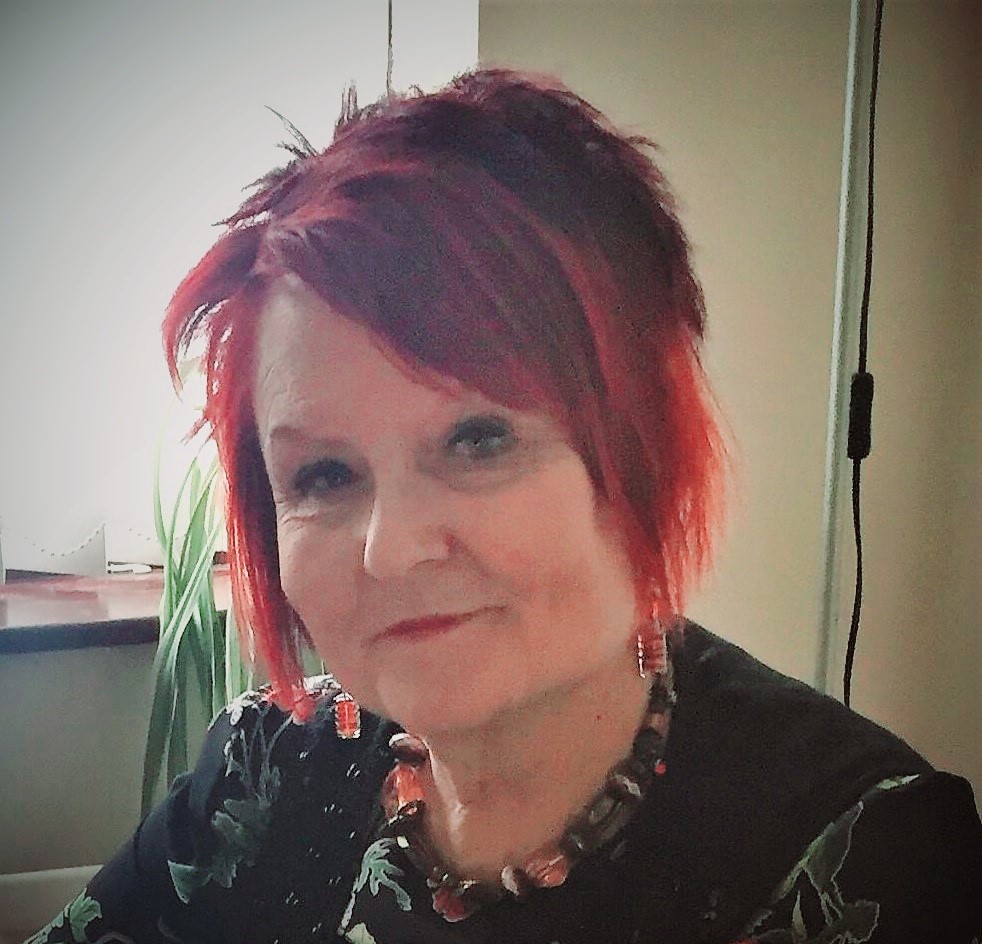Many surveys indicate that January features high on the list of break ups and couples heading for the divorce courts. So perhaps it is timely to consider the choices we make when we are looking for a partner.
We seek out people to whom we can attach ourselves over our lifetime. But we need to let go emotionally of our primary caregivers before we can form new secure attachments. I often work with clients who discover they have not sufficiently separated from their parents/primary caregivers. When we have an insecure attachment, we are likely to experience problems because we may develop feelings of anxiety or jealousy.
It is important to learn to tolerate our own feelings of insecurity. We need to learn the capacity of interdependence: we come together as a couple but we also retain our own separate identities. Conflict is part of a relationship; and so is repair. It is important to have a row - and to make up. If attachment goes well, there is a sense of security. If it is threatened, there is jealousy, anxiety and anger. If broken, there is grief and depression.
Attachment is a deep and enduring emotional bond that connects one person to another across space and time and is characterised by specific behaviour in children, such as seeking closeness with the attachment figure when upset or threatened. The attachment relationship acts as a prototype for all future social relationships. Disrupting it can have severe consequences. Isolation can lead to difficult behaviour - like aggression - and difficult emotions, like anger.
Sometimes when we choose a partner we also choose a sibling. Other times we seek a best friend as well as a sexual partner. It is important to be realistic about what we expect from the other person. In my view, no one other person can meet our every need. Talking to a therapist can help us disentangle some of these knotty thoughts. We can learn to recognise the past for what it is. We need to learn from our mistakes so we can function on our own but also be able to support the other person when we can; as well as accepting support from them.
Therapy can be a useful place to reflect and learn new strategies. It can help us to create some headspace so that we can better understand ourselves and our relationship to others - especially the one with our primary caregivers.

